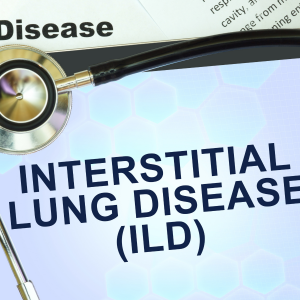Causes and risk factors
Group B streptococcus is commonly found in intestine, rectum, vagina and uterus. Group B streptococcus causes infection in newborn babies. It is transmitted through the infected mother to babies during vaginal delivery. The baby can also contract this infection after delivery due to contact with people who carry the infection. Preterm babies, or fever in mother during labor also increases the chances of infection. Group B streptococcus also leads to infection in adults. Although the exact cause is not known, it is believed that the gastrointestinal tract can be the source of infection.
Clinical presentation:
Group B streptococcus infection in adult women who carry the organism can remain asymptomatic, while some can develop infection of the lungs, bones, joints, skin etc. In some newborn babies the signs and symptoms are seen in first 24hours of delivery (early onset infection) while in others the symptoms can occur after first week of life (late onset infection). Affection of blood leads to septic condition while pneumonia can occur if the t infection spreads to the lungs. Group B streptococcus is also one of the major cause of meningitis. In cases of newborn babies the complaints which occur are fever, bluish discoloration of skin, breathing difficulties and seizures. The mother complaints of feeding difficulties. Irregular and abnormal heart rate occurs in babies. The infection often endangers life.
Investigations:
The diagnosis is confirmed on the basis of the symptoms narrated by the parents and certain physical examination is carried by the doctor. Certain sets of investigations can also be advised which will aid in the confirmation of the disease. Culture examination is the diagnostic test. (Blood, body fluids, CSF or urine can be taken for culture examination) other tests like routine blood test or urine test along with an X ray of the chest can also be done.
Treatment:
The treatment consists of administration of antibiotics. In cases of new born babies it is administered intravenously while in adults’ oral administration can be given. Adequate screening and care needs to be taken during pregnancy.
Other Modes of treatment:
Certain other modes of treatment can also be helpful in coping up the disease. Taking into consideration the symptoms in holistic way, homoeopathy can offer a good aid for the relief of the symptoms.
Recent updates:
As per the article published in the “The Lancet Infectious diseases” Group B streptococcus is a major cause of serious infectious diseases.






























